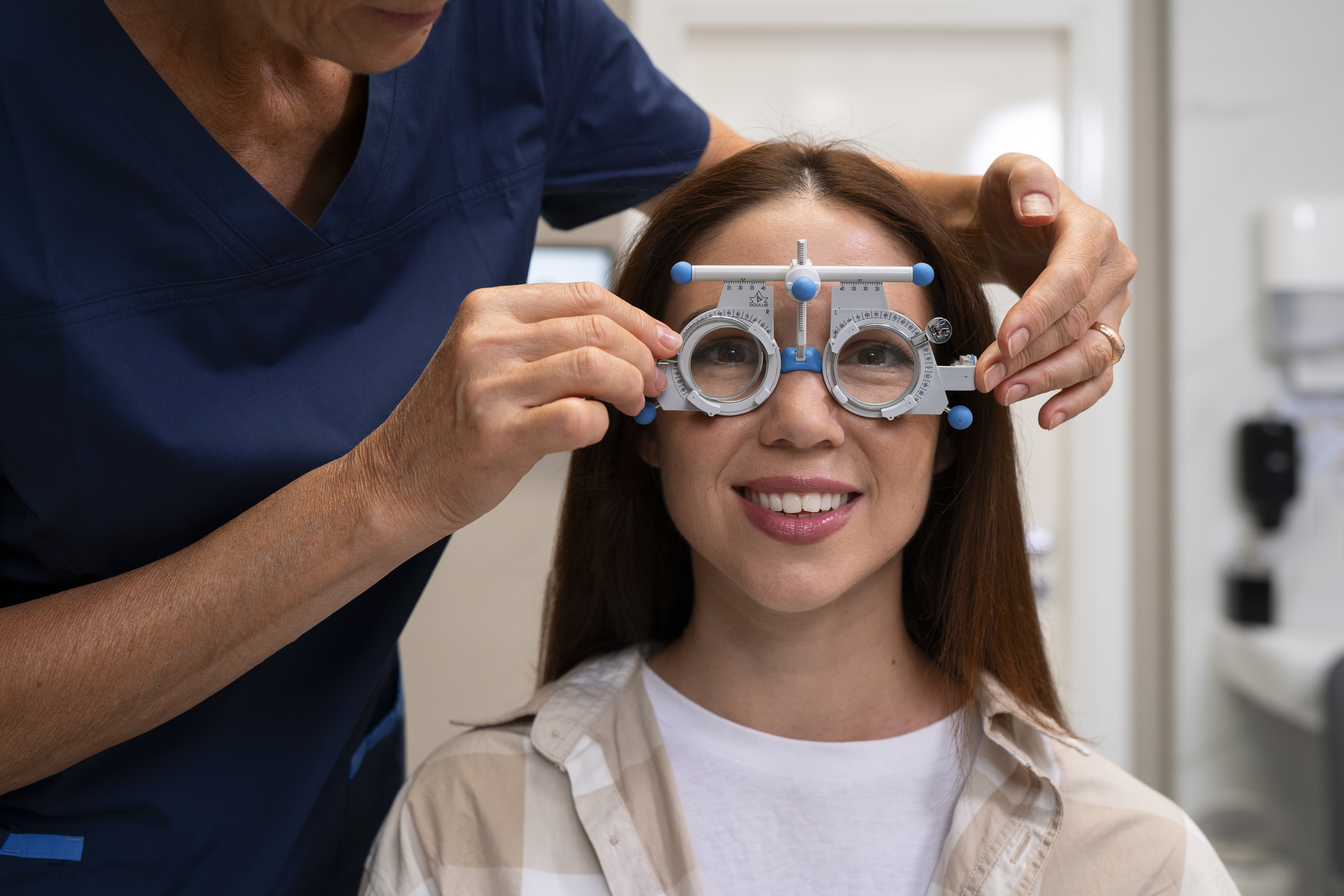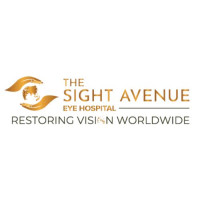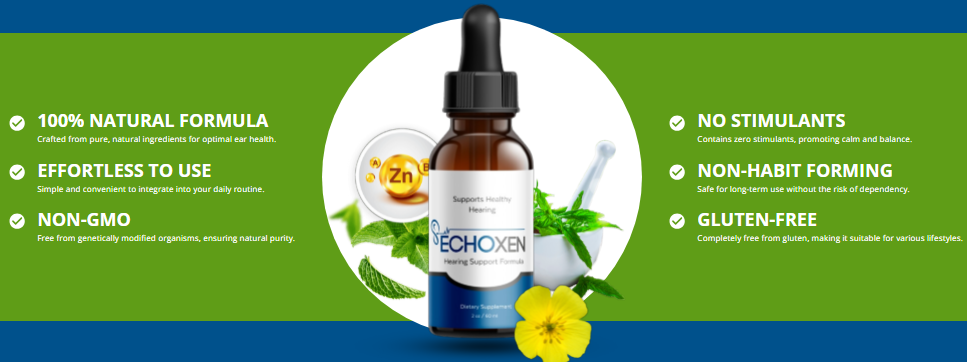What is the Difference Between Cataract and Glaucoma?

Strong 8k brings an ultra-HD IPTV experience to your living room and your pocket.
When it comes to eye health, two common conditions often confused with each other are cataract and glaucoma. While both can affect vision and may require medical attention, they are very different in how they develop, how they affect your eyes, and how they are treated. Knowing the difference can help you make informed decisions about your eye care. In this article, we’ll break down both conditions in simple terms and help you understand when and why to seek help from professionals like those at The Sight Avenue in Delhi.
What Is a Cataract?
A cataract happens when the clear lens of your eye becomes cloudy. This lens is responsible for focusing light so that you can see clearly. With age or other factors, the lens can start to cloud, leading to blurry vision, difficulty seeing at night, or seeing colors as faded.
Causes of Cataract:
- Natural aging process
- Long-term exposure to sunlight
- Diabetes or other medical conditions
- Use of certain medications like steroids
- Previous eye injuries
Common Symptoms of Cataract:
- Blurry or foggy vision
- Sensitivity to bright lights
- Difficulty seeing clearly at night
- Frequent changes in eyeglass prescription
Cataracts usually develop slowly and can be managed with stronger glasses in the early stages. However, surgery may be required when the condition interferes with daily activities. Cataract surgery is a safe and commonly performed procedure where the cloudy lens is replaced with a clear artificial one.
What Is Glaucoma?
Glaucoma is a group of eye diseases that damage the optic nerve, often due to high pressure inside the eye. Unlike cataracts, glaucoma can cause permanent vision loss if not detected early. It typically affects peripheral (side) vision first and can go unnoticed until it's quite advanced.
Causes of Glaucoma:
- High intraocular pressure (fluid pressure inside the eye)
- Family history of glaucoma
- Age over 40
- Eye injuries
- Medical conditions like high blood pressure or diabetes
Common Symptoms of Glaucoma:
- Gradual loss of side vision
- Eye pain or pressure (in some cases)
- Halos around lights
- Redness in the eye
- Nausea and vomiting (in severe cases)
There are different types of glaucoma, such as open-angle glaucoma (the most common form) and angle-closure glaucoma, which can be a medical emergency. Early detection is key, as the damage caused by glaucoma cannot be reversed. Treatments may include eye drops, laser treatment, or surgery to lower eye pressure.
Key Differences Between Cataract and Glaucoma
Feature Cataract Glaucoma
- Affected Part Eye lens Optic nerve
- Vision Loss Type Cloudy or blurred vision Loss of peripheral (side) vision
- Reversible? Yes, with surgery No, damage is usually permanent
- Common Cause Aging High eye pressure
- Treatment Options Surgery Eye drops,laser, or surgery
Why Regular Eye Exams Matter
Both cataract and glaucoma can progress silently. Regular eye check-ups are important to catch these conditions early. For cataracts, early detection means you can plan surgery before vision becomes severely limited. For glaucoma, regular tests can detect rising eye pressure and prevent damage before it becomes serious.
The Sight Avenue offers experienced eye specialists who can guide you with timely diagnosis and treatment plans suited to your needs. Whether you’re dealing with blurry vision or just want to ensure your eyes are healthy, it’s always better to consult professionals.
Conclusion
While cataracts and glaucoma both affect vision, they do so in different ways and require different treatments. Cataracts cloud the lens and are treatable with surgery. Glaucoma damages the optic nerve and needs early management to avoid permanent vision loss. Understanding these differences helps you take the right steps toward better eye health.
If you're looking for trusted eye care services, it’s wise to choose a clinic known for both expertise and compassionate care. For anyone seeking a reliable eye hospital in Delhi, The Sight Avenue provides comprehensive solutions backed by modern technology and experienced doctors. Regular check-ups could make all the difference in protecting your vision for the future.
Note: IndiBlogHub features both user-submitted and editorial content. We do not verify third-party contributions. Read our Disclaimer and Privacy Policyfor details.







